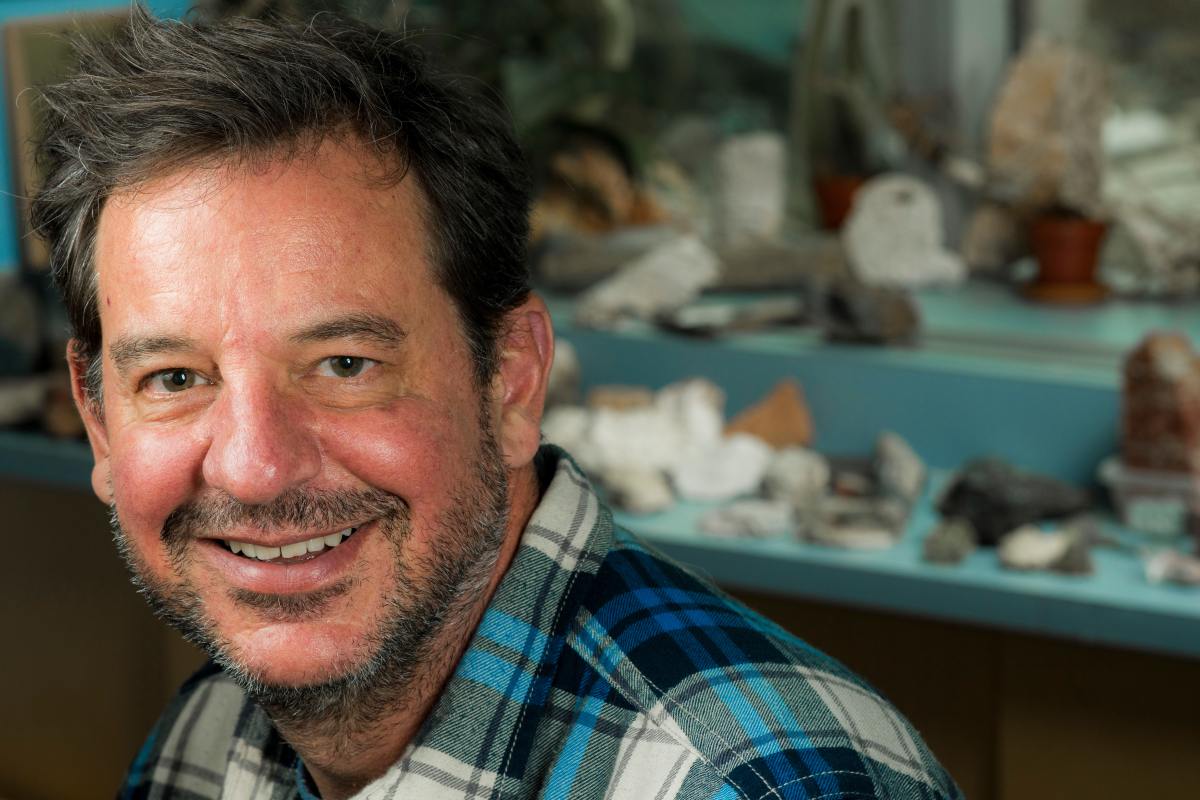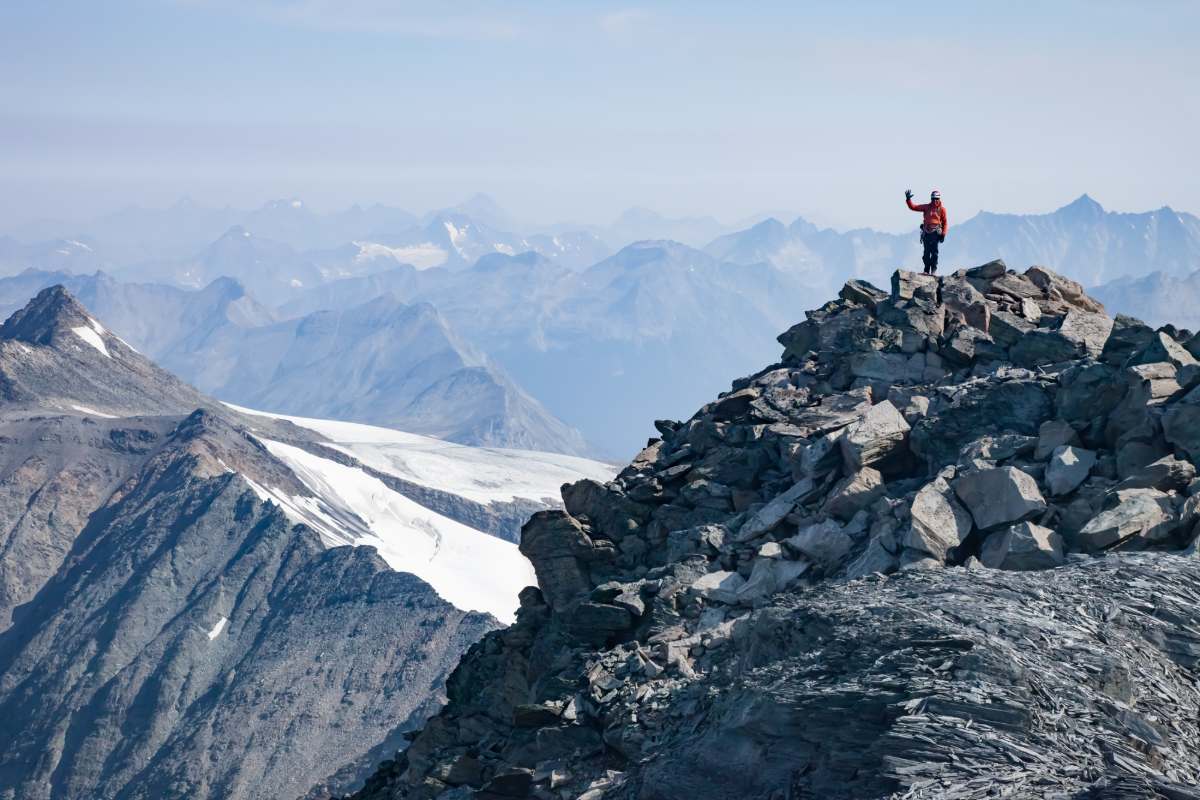Geobiology
To better understand evolution on Earth, it makes sense to investigate how the planet itself has changed over the millenia. Geobiologists examine how changes of the physical Earth affect the organisms living on it and their interactions with it and each other.
On this page, you'll find information about geobiology as a discipline, what University of Alberta geobiologists are researching, and the effect their work has.
What Is Geobiology?
Geobiology is a relatively new scientific field that incorporates earth sciences and biology to investigate how the physical Earth affects and interacts with the biosphere. The biosphere is the ecological system that comprises all living things on Earth.
Changes in one sphere inevitably affect the other, so it's imperative that we monitor these changes as a way of mitigating negative impacts.
Geobiology News
Read some of the exciting news stories about UAlberta geobiologists whose work is helping excavate Earth's evolutionary mysteries.
Arctic Microorganisms: The Answer to Finding Extraterrestrial Life
Brian Lanoil on studying ice cores
Join Brian Lanoil (Biological Sciences) as he discusses how studying microorganisms that can live in extreme environments, like the Arctic, could give us insight into where we might find life elsewhere in the Solar System and beyond.
UAlberta Geobiologists
Do you have questions about geobiology? Talk to some of our professors:
- Brian Jones
Brian Jones's Research Focus: carbonate sedimentology and diagenesis, hot spring and geyser precipitates and microbes, and microbial activity in caves
- Brian Lanoil
Brian Lanoil's Research Focus: microbiology of icy arctic environments, and microbiology of reclamation of energy extraction impacted systems (reclamation genomics)
- Daniel Alessi
Daniel Alessi's Research Focus: low-temperature geochemistry, water resources, environmental geomicrobiology
- John-Paul Zonneveld
John-Paul Zonneveld's Research Focus: sedimentology, paleoecology, paleontology, and the interface between geological and biological systems
- Karlis Muehlenbachs
Karlis Muehlenbachs' Research Focus: stable isotope geochemistry, oceans, water-rock interaction, paleoclimate, oxygen diffusion in minerals, groundwater contamination by natural gas, and in-situ steam-assisted heavy oil extraction
- Kurt Konhauser
Kurt Konhauser's Research Focus: microbe-mineral interactions through time, origins of banded iron formations, ancient paleo-redox conditions on Earth, and Neoproterozoic glaciations and animal evolution
- Lisa Stein
Lisa Stein's Research Focus: the physiology, genomics, and ecology of nitrification, denitrification, and single single carbon metabolism; influence of microbial metabolism on greenhouse gas production; industrialization of microorganisms using single-carbon feedstocks
- Murray Gingras
Murray Gingras's Research Focus: petroleum geology, modern sedimentary environments, stratigraphy, and using ichnology and sedimentology to better understand hydrocarbon reservoirs
Are you looking for another professor in geoscience?

2020 Division Awards for outstanding geobiologists
We are pleased to announce that the 2020 Distinguished Career Award go to Kurt Konhauser from Department of Earth & Atmospheric Science, University of Alberta.

Climb every mountain: Canada's newest Network of Centres of Excellence to be hosted at the University of Alberta
Canadian Mountain Network to receive $18.3M in funding over the next five years through the national Networks of Centres of Excellence program.
How UAlberta Is Helping Reduce the Environmental Impact of Hydraulic Fracturing
Collaborative research: improving the water cycle in hydraulic fracturing
Daniel Alessi (Earth Sciences) talks about the importance of industry partnerships with the University and how they can be used to answer relevant applied problems in Canada today. In this video, he talks about the work he and his team are doing with Encana to improve the water cycle in hydraulic fracturing and reducing the environmental footprint of the operations.